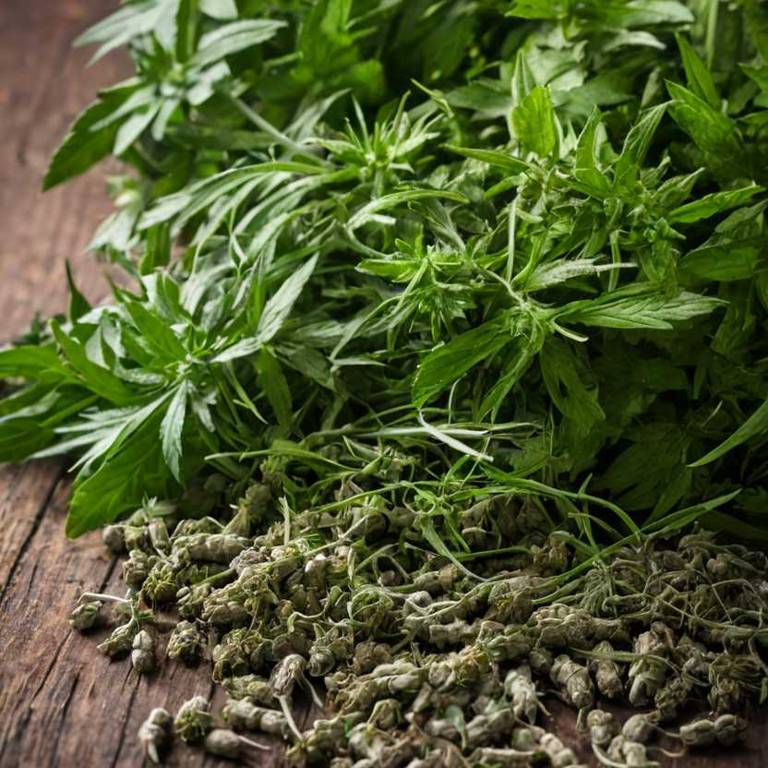Chinese Goldthread (Coptis chinensis)
Chinese Goldthread (Coptis chinensis) is a member of the Ranunculaceae family, native to China, Eastern Himalayas, and Southeast Asia. Traditionally, its rhizomes, roots, and bark have been used for decoctions, powders, and infusions.
This herb is particularly valued for its anti-inflammatory, bitter, and tonic actions, and has a long history of use in traditional chinese medicine, japanese kampo medicine, and korean traditional medicine.

Quick Facts / Key Information
| Common Name | Chinese Goldthread |
|---|---|
| Scientific Name | Coptis chinensis |
| Plant Family | Ranunculaceae |
| Genus | Coptis |
| Species | chinensis |
| Native Range | China, Eastern Himalayas, Southeast Asia |
| Plant Parts Used | Rhizomes, Roots, Bark |
| Primary Medicinal Actions | Anti-Inflammatory, Bitter, Tonic |
| Primary Traditional Systems | Traditional Chinese Medicine, Japanese Kampo Medicine, Korean Traditional Medicine |
| Historical Preparation Methods | Decoction, Powder, Infusion |
Botanical Identity
- Scientific Name
- Coptis chinensis
- Common Name
- Chinese Goldthread
- Synonyms / Alternative Names
- Coptis, Yellow Thread, Chinese Goldthread
- Plant Family
- Ranunculaceae
- Genus
- Coptis
Botanical Description
- Growth Habit
- Perennial herbaceous plant.
- Height
- It typically grows to a height of 30 to 60 centimeters.
- Leaves
- Broad leaves with upper surface dark green and lower surface lighter green, featuring prominent stomatal bands along the midrib.
- Stems
- Erect, branched, woody, with opposite, ovate leaves and yellow rhizomes.
Traditional Uses / Historical Use
Traditional Systems
- Traditional Chinese Medicine
- Japanese Kampo Medicine
- Korean Traditional Medicine
Historical Preparation Methods
- Decoction
- Powder
- Infusion
- Tincture
Medicinal Actions
- Anti-inflammatory
- In herbal literature, noted as a warming anti-inflammatory, for irritation-related applications.
- Bitter
- As described in traditional systems, a calming bitter, in bitter herb groupings.
- Tonic
- Traditionally described as a cooling tonic, in general wellness contexts.
- Astringent
- Historically regarded as a moderate astringent, in drying-focused uses.
Active Compounds
- Alkaloid
- Plant-derived nitrogenous compounds found in various tissues.
- Flavonoid
- A chemical class commonly identified in plant tissues, especially flowers and leaves.
- Glycoside
- A broad class of compounds composed of a sugar bound to a non-sugar component.
- Phenolic Acid
- Naturally occurring phenolic compounds present in many plant species.
Modern Research Overview
Scientific research related to this plant is ongoing. This section will be expanded in the future to include summaries of phytochemical studies, laboratory research, and other relevant scientific literature as it becomes available.
Safety & Contraindications
- General Precautions
- General precautions have been noted regarding the use of this herb.
- Contraindications
- Contraindications related to this herb have been noted in traditional use and available sources.
- Allergies
- There is insufficient evidence to determine whether this herb commonly causes allergic reactions.
- Drug Interactions
- There is insufficient evidence to determine whether this herb interacts with pharmaceutical drugs.
- Toxicity
- Toxic effects have been reported in association with the use of this herb.
- Pregnancy & Breastfeeding
- Available information regarding use during pregnancy or breastfeeding is limited.
Preparation & Usage Methods
- Infusion
- Plant material is steeped in hot water to extract water-soluble compounds.
- Decoction
- Plant parts are gently boiled in water to release soluble constituents.
- Poultice
- Plant parts are crushed or moistened and placed directly on the body.
- Powder
- Powdered preparations use finely milled plant parts.
- Extract
- Non-alcoholic extracts provide a liquid form of plant constituents.
Growing, Harvesting & Storage
Growing / Cultivation
- Soil
- Prefers loamy soil with well-drained conditions. Typically grows best in high organic matter soils.
- Sunlight
- Thrives in partial shade. Tolerates partial shade to full shade.
- Watering
- Prefers well-balanced moisture levels. Tolerates moderate moisture fluctuations.
Medical Disclaimer
The information provided on this page is for educational and informational purposes only. It is not intended to diagnose, treat, cure, or prevent any medical condition. Always consult a qualified healthcare professional before using any herb for medicinal purposes.